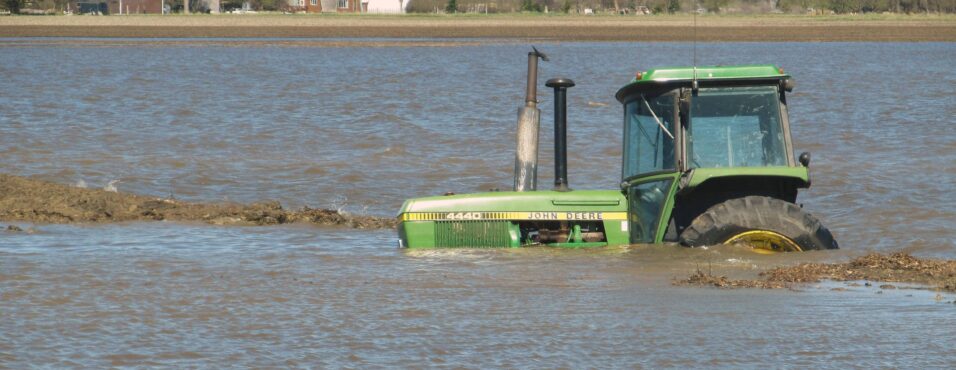Climate Change Impact on Water Cycle in India
Recent studies indicate that climate change will affect the water cycle in the southern Western Ghats and surrounding coastal regions of India. Researchers predict a dramatic rise in rainfall and extreme weather events due to increasing temperatures. This research marks the urgent need for adaptation strategies to mitigate the impacts on agriculture, hydropower, and local livelihoods.
Rising Temperatures and Rainfall Projections
The study forecasts a potential increase in annual rainfall by 20% for every 1°C rise in temperature. Extreme precipitation events could also rise by 16%. By the century’s end, total annual rainfall may increase by 250 to 400 mm under moderate climate scenarios and by 200 to 670 mm under high-emission scenarios.
Intensified Hydrological Cycle
The hydrological cycle in the region is expected to intensify, particularly during the Indian Summer Monsoon (ISM). Researchers used advanced climate models to simulate future climate and water patterns. They found that watershed areas would experience wetter ISM seasons and drier pre-monsoon seasons. This shift poses risks of floods, landslips, and droughts.
Temperature Variations
Projected temperature increases are alarming. Maximum temperatures could rise by 1.7°C to 3.2°C, while minimum temperatures may increase by 1.9°C to 3.6°C. These changes threaten agricultural productivity and local ecosystems. Sustainable practices are essential to adapt to these new realities.
Need for Adaptation Strategies
The study emphasises the necessity for region-specific adaptation strategies. Improved short-term water storage systems and integrated water management plans are crucial. These measures aim to safeguard agriculture and hydropower generation, ensuring the livelihoods of local communities are protected.
Research Background
This research was conducted by a team led by Jobin Thomas at the University of Mississippi. It was published in the Journal of Environmental Management and funded by the Department of Science and Technology. The study aims to provide vital information about the future of hydrological responses under climate change.
Month: Current Affairs - April, 2025
Category: Environment Current Affairs








